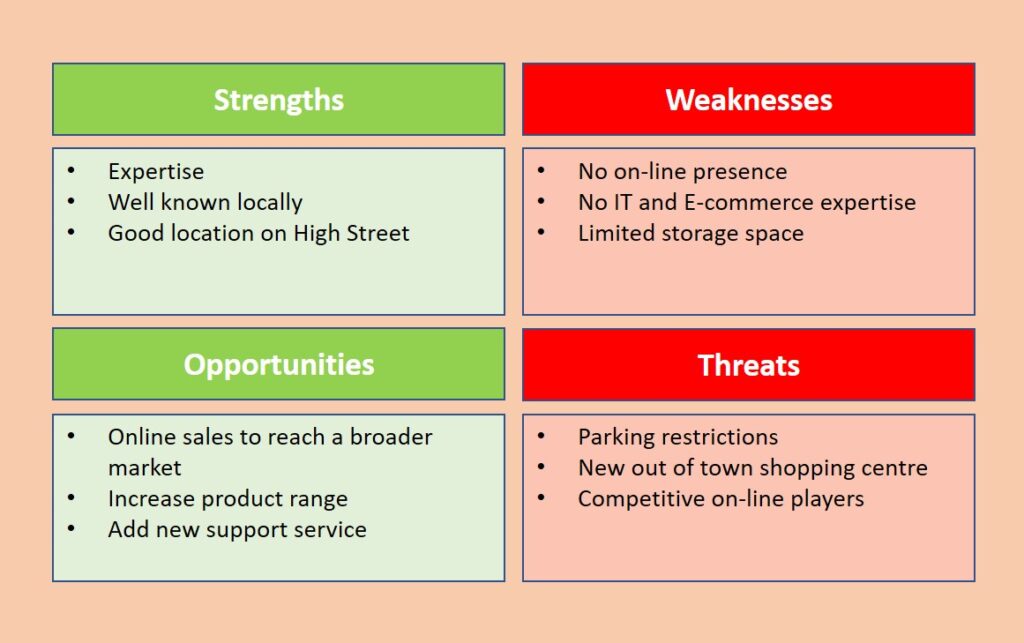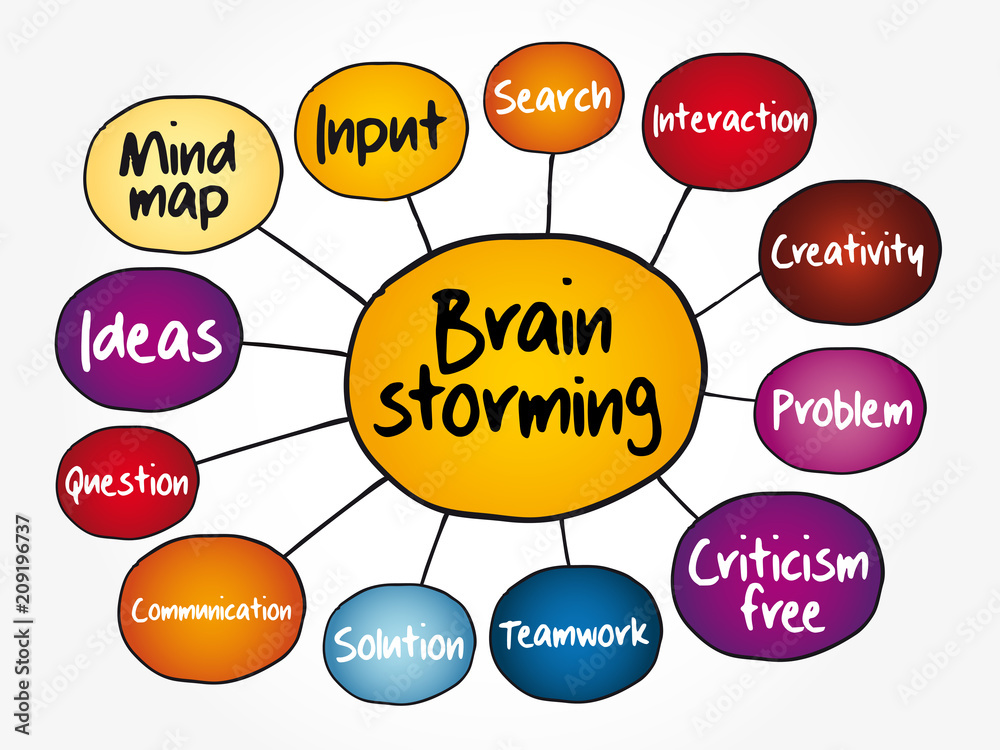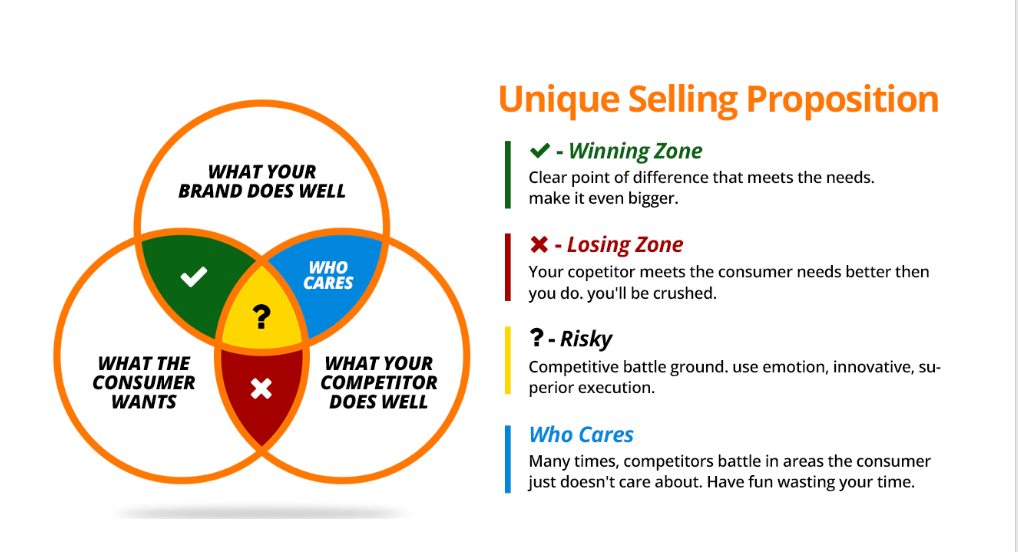Starting a business begins with a great idea. However, identifying a viable idea involves more than just a moment of inspiration. It requires a deep understanding of your passions, skills, market trends, and potential customers. This guide will walk you through a systematic approach to discovering your idea.
Define Your Passions and Interests
The foundation of a successful business often lies in the passion and interest of the entrepreneur. Start by identifying what excites you. What activities do you enjoy? What topics do you find yourself drawn to? Your passions can provide a solid base for your business idea, ensuring you remain motivated and enthusiastic.
Assess Your Skills and Expertise
Once you’ve identified your passions, assessing your skills and expertise is crucial. What are you good at? What professional experiences do you have? Reflect on your educational background, work experience, and any specialized training. This step ensures that your idea is not only something you love but also something you’re capable of executing effectively.
Identify Your Strengths and Weaknesses

Everyone has strengths and weaknesses. Understanding yours can help you leverage what you’re good at and seek help in areas where you’re lacking. Conduct a SWOT analysis (Strengths, Weaknesses, Opportunities, and Threats) to clearly understand where you stand and what you need to improve.
Conduct a Self-Assessment
A thorough self-assessment combines your passions, skills, strengths, and weaknesses. It provides a comprehensive understanding of who you are as an entrepreneur and what business idea would suit you best. Use this self-assessment to align your idea with your personal and professional attributes.
Explore Your Hobbies and Interests
Sometimes, hobbies and interests can turn into profitable business ideas. Consider what you do in your free time. Do you have a hobby that could be monetized? Whether it’s crafting, cooking, or coding, many successful businesses start as hobbies that turn into full-time ventures.
Identify Problems You Encounter Daily
Many great business ideas stem from personal frustrations and daily problems. Identify the challenges you face regularly and think about potential solutions. If you’re experiencing these issues, chances are others are too. Solving these problems can lead to a viable opportunity.
Brainstorm Potential Business Ideas

With a clear understanding of your passions, skills, and daily problems, start brainstorming potential business ideas. Write down everything that comes to mind, no matter how far-fetched it seems. This brainstorming session is about quantity, not quality. The goal is to generate a broad list of ideas that you can refine later.
Analyze Your Market
After generating a list of potential business ideas, it’s time to analyze the market. This step is crucial to ensure there’s a demand for your idea. Understanding the market involves identifying your target audience, researching industry trends, and conducting a competitive analysis.
Identify a Target Audience
Who are your potential customers? Understanding your target audience is essential for developing a product or service that meets their needs. Define your audience in terms of demographics, psychographics, and behavior. Knowing who you’re targeting helps tailor your idea to their specific needs and preferences.
Research Industry Trends
Stay informed about the latest trends in your industry. What are the emerging technologies, consumer behaviors, and market demands? Industry trends can provide valuable insights into where the market is heading and what opportunities might arise. Use this information to align your business idea with future market needs.
Conduct Competitive Analysis
Analyze your competitors to understand the market landscape better. Identify who your main competitors are, what they offer, and their strengths and weaknesses. This analysis helps you identify gaps in the market and opportunities to differentiate your idea from existing solutions.
Evaluate Market Demand
Assessing market demand is critical to ensuring there’s a need for your business idea. Use surveys, focus groups, and online research tools to gauge interest and demand for your product or service. Look for data that supports the viability of your idea and validates the need in the market.
Identify a Unique Selling Proposition (USP)

Your Unique Selling Proposition (USP) is what sets you apart from the competition. It’s the unique benefit or value that your product or service offers. Identify what makes your business idea special and how it can provide a unique solution to your target audience’s problems.
Consider Your Values and Mission
Your business should reflect your values and mission. What do you stand for? What impact do you want to have on your customers and community? Defining your values and mission helps create a purpose-driven that resonates with your audience and keeps you motivated.
Define Your Business Goals
Set clear, measurable goals for your business. These goals should align with your overall vision and mission. Whether it’s financial targets, market penetration, or social impact, having defined goals provides direction and motivation for your entrepreneurial journey.
Create a Business Model Canvas
The Business Model Canvas is a strategic tool that outlines the key components of your model. It includes elements like value proposition, customer segments, revenue streams, and key activities. Creating a Business Model Canvas helps you visualize and refine your idea, ensuring all aspects are considered.
Validate Your Business Idea

Validation is the process of testing your business idea to ensure it’s viable. Seek feedback from potential customers, industry experts, and mentors. Use this feedback to refine your idea and make necessary adjustments. Validation reduces the risk of failure and increases the likelihood of success.
Seek Feedback from Others
Engage with potential customers, mentors, and peers to gather feedback on your business idea. Constructive feedback can provide valuable insights and highlight areas for improvement. Be open to criticism and use it to refine and enhance your idea.
Refine Your Business Idea
Based on the feedback received, refine your business idea. Make adjustments to address any concerns or suggestions. This iterative process helps you develop a more robust and viable concept that better meets the needs of your target audience.
Develop a Minimum Viable Product (MVP)
An MVP is a simplified version of your product or service that allows you to test your idea with minimal resources. Developing an MVP helps you gather real-world feedback and validate your business idea before investing significant time and money. Use this feedback to iterate and improve your product.
By following these steps, you can systematically identify and refine a business idea that aligns with your passions, skills, and market needs. This approach not only increases the chances of success but also ensures that your entrepreneurial journey is fulfilling and purpose-driven.




